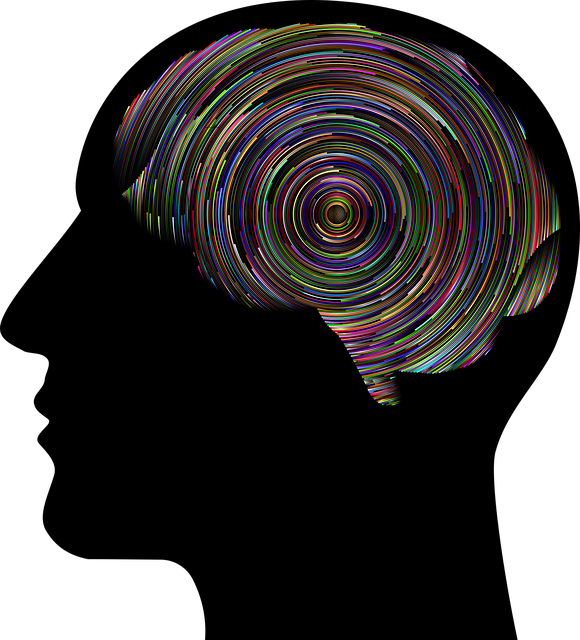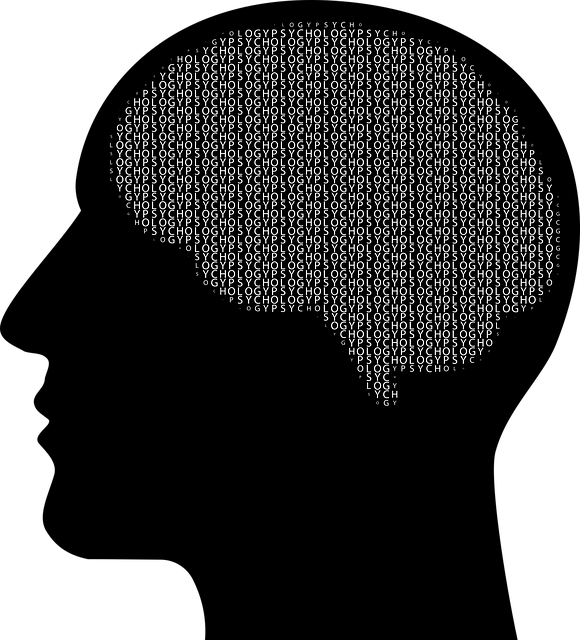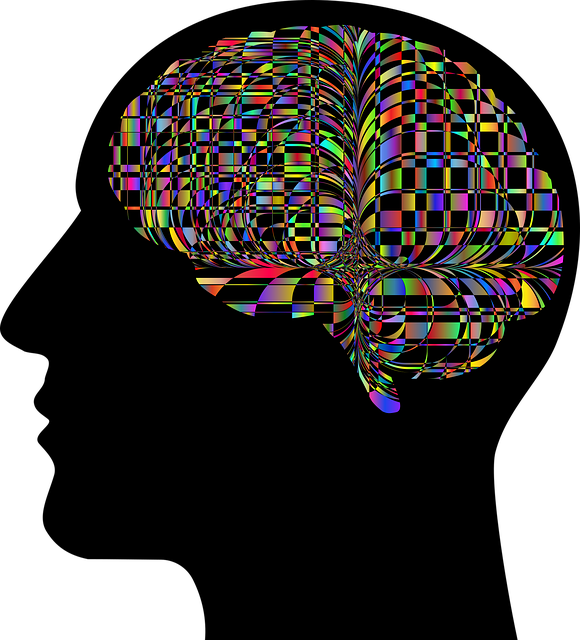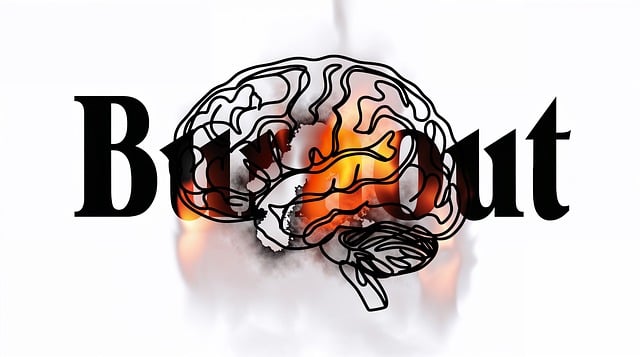Mental health professionals often misdiagnose conditions like anxiety or depression as more severe disorders due to the intricate nature of mental illnesses. Wheat Ridge Learning Disability Therapy tackles this issue with thorough assessments and personalized treatment plans, using techniques such as Mindfulness Meditation and Stress Management. They focus on empowering individuals with self-awareness and coping strategies through Emotional Well-being Promotion, advocating for improved training, policies, and cultural sensitivity in mental health care to achieve more reliable diagnoses. Their specialized approach caters to learning disabled individuals, integrating various skills development and adaptive strategies for anxiety relief, mood management, and burnout prevention, promoting long-term wellness.
Mental illness diagnosis accuracy is a critical aspect of patient care, with misdiagnosis rates significantly impacting treatment outcomes. This article delves into the challenges surrounding mental health assessments and explores innovative strategies to enhance diagnostic precision. We examine specific approaches, such as specialized therapies like Wheat Ridge Learning Disability Therapy, which have proven effective in addressing unique patient needs. By understanding these challenges and implementing better practices, healthcare professionals can ensure more accurate diagnoses and improved patient outcomes.
- Understanding the Challenges: Misdiagnosis Rates and Their Impact
- Innovative Approaches to Enhance Diagnosis Accuracy
- The Role of Specialized Therapies: A Case for Wheat Ridge Learning Disability Therapy
Understanding the Challenges: Misdiagnosis Rates and Their Impact

Mental health professionals face a significant challenge when it comes to diagnosis accuracy, as misdiagnosis rates remain alarmingly high. This is particularly concerning given the complex nature of mental illnesses and their overlapping symptoms. Studies suggest that many individuals with conditions like anxiety disorders, depression, or learning disabilities often receive incorrect initial diagnoses. For instance, someone experiencing symptoms of an anxiety disorder might be mistakenly labeled as having a more severe psychiatric illness.
At Wheat Ridge Learning Disability Therapy, we recognize the impact of misdiagnosis. It can lead to inappropriate treatment plans and even cause further distress for the patient. That’s why we emphasize the importance of thorough assessments and individualized approaches. By incorporating practices like Mindfulness Meditation and Stress Management techniques (Stress Reduction Methods), our therapists aim to gain a clearer understanding of each client’s unique presentation, helping to minimize misdiagnosis rates and ultimately improving treatment outcomes.
Innovative Approaches to Enhance Diagnosis Accuracy

In recent years, mental health professionals have been actively exploring innovative approaches to enhance the accuracy of diagnosis, particularly in areas like Wheat Ridge Learning Disability Therapy. One such method involves integrating Emotional Well-being Promotion Techniques that focus on empowering individuals with self-awareness and coping strategies, thereby improving symptom management and making diagnosises more precise. By fostering emotional intelligence, these techniques help patients better express their experiences, aiding therapists in identifying nuanced symptoms often overlooked.
Additionally, Mental Health Policy Analysis and Advocacy play a crucial role in ensuring that accurate diagnosis becomes the norm. Through rigorous research and evidence-based policy formulations, advocates push for improved training programs and resources for mental health professionals. This includes adopting advanced assessment tools and techniques that consider cultural sensitivities and individual differences, ultimately leading to more reliable diagnoses.
The Role of Specialized Therapies: A Case for Wheat Ridge Learning Disability Therapy

Mental illness diagnosis accuracy is a multifaceted challenge, requiring innovative approaches to improve outcomes. One such promising method is Wheat Ridge Learning Disability Therapy, specifically tailored for individuals with learning disabilities. This specialized therapy goes beyond traditional treatments by addressing the unique cognitive and emotional needs of those facing learning challenges. By focusing on skills development, adaptive strategies, and individualized support, it enhances diagnosis accuracy while promoting improved mental health.
Wheat Ridge Learning Disability Therapy offers a holistic framework that integrates various therapeutic techniques to achieve Anxiety Relief, Mood Management, and Burnout Prevention. Through personalized sessions, therapists empower clients with tools to navigate daily life, build resilience, and improve self-regulation. This targeted approach not only facilitates accurate diagnosis but also paves the way for long-term mental wellness, ensuring individuals receive the tailored support they need to thrive.
Mental health professionals constantly strive to improve diagnosis accuracy, especially considering the high misdiagnosis rates that can significantly impact patient outcomes. By implementing innovative approaches and integrating specialized therapies like Wheat Ridge Learning Disability Therapy, we can enhance diagnostic precision. This holistic approach ensures that each individual receives the most appropriate care, fostering better mental well-being and improved quality of life.














